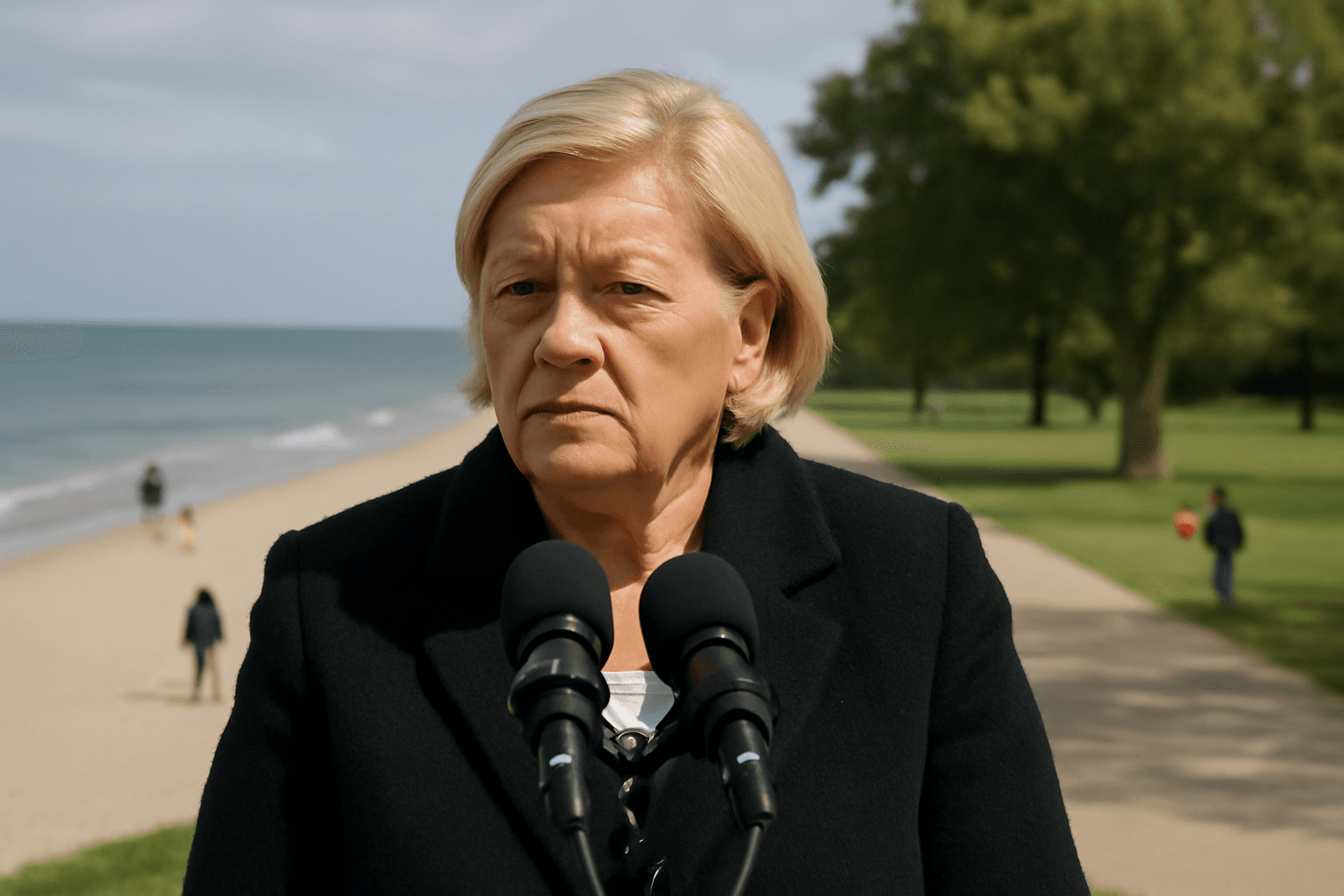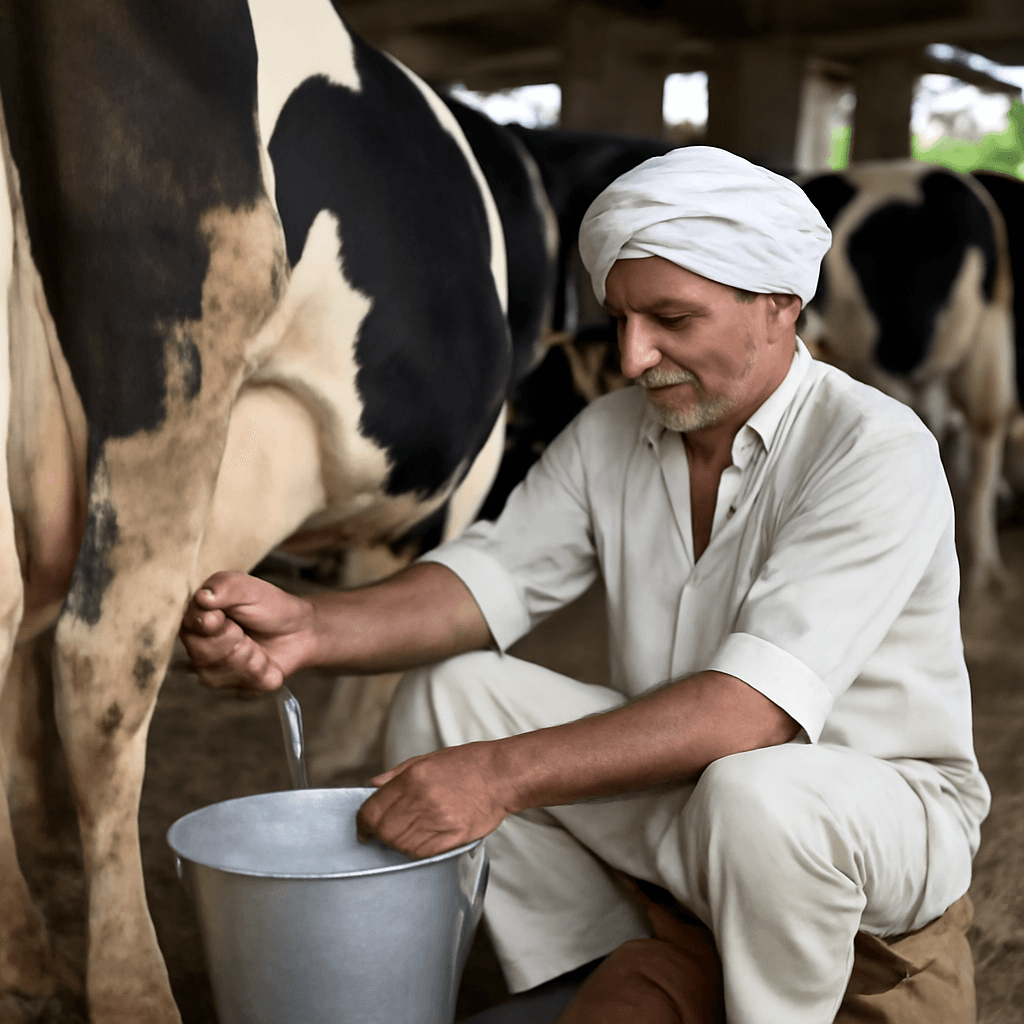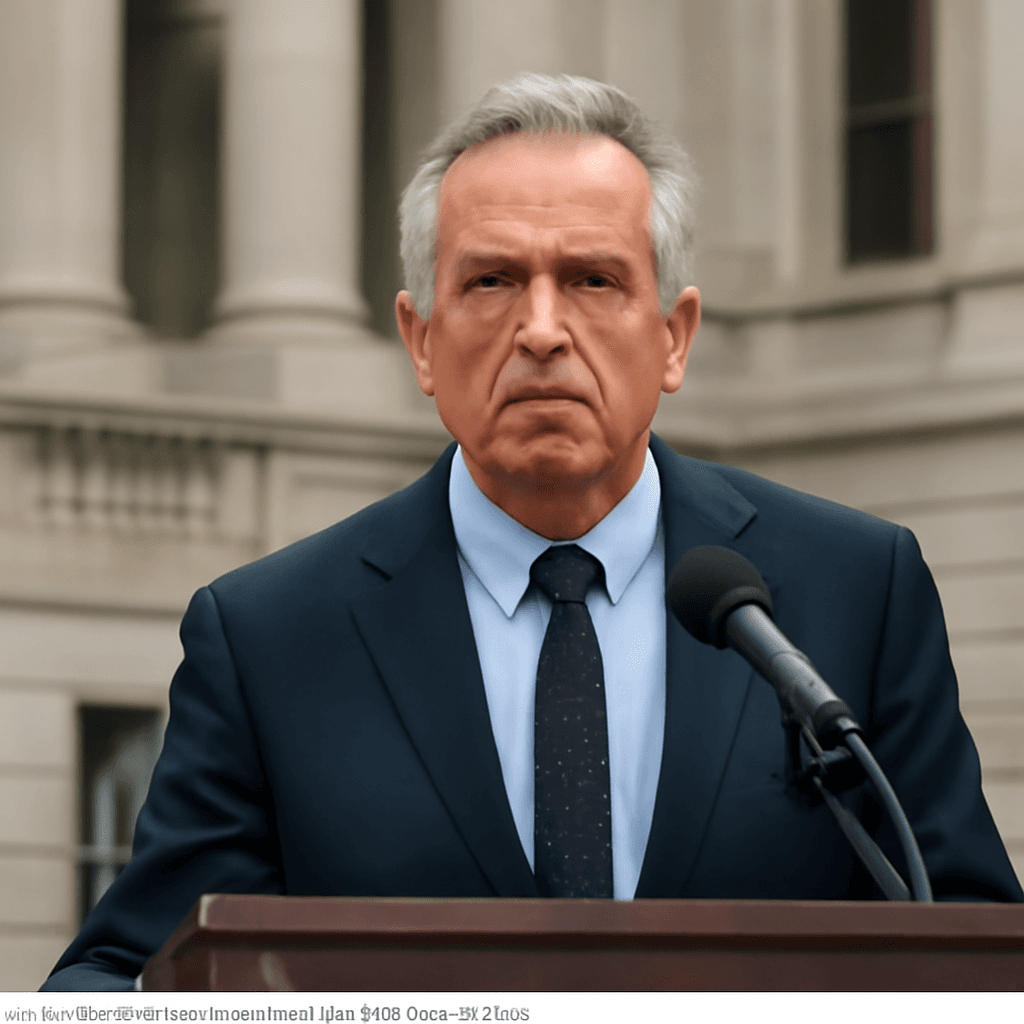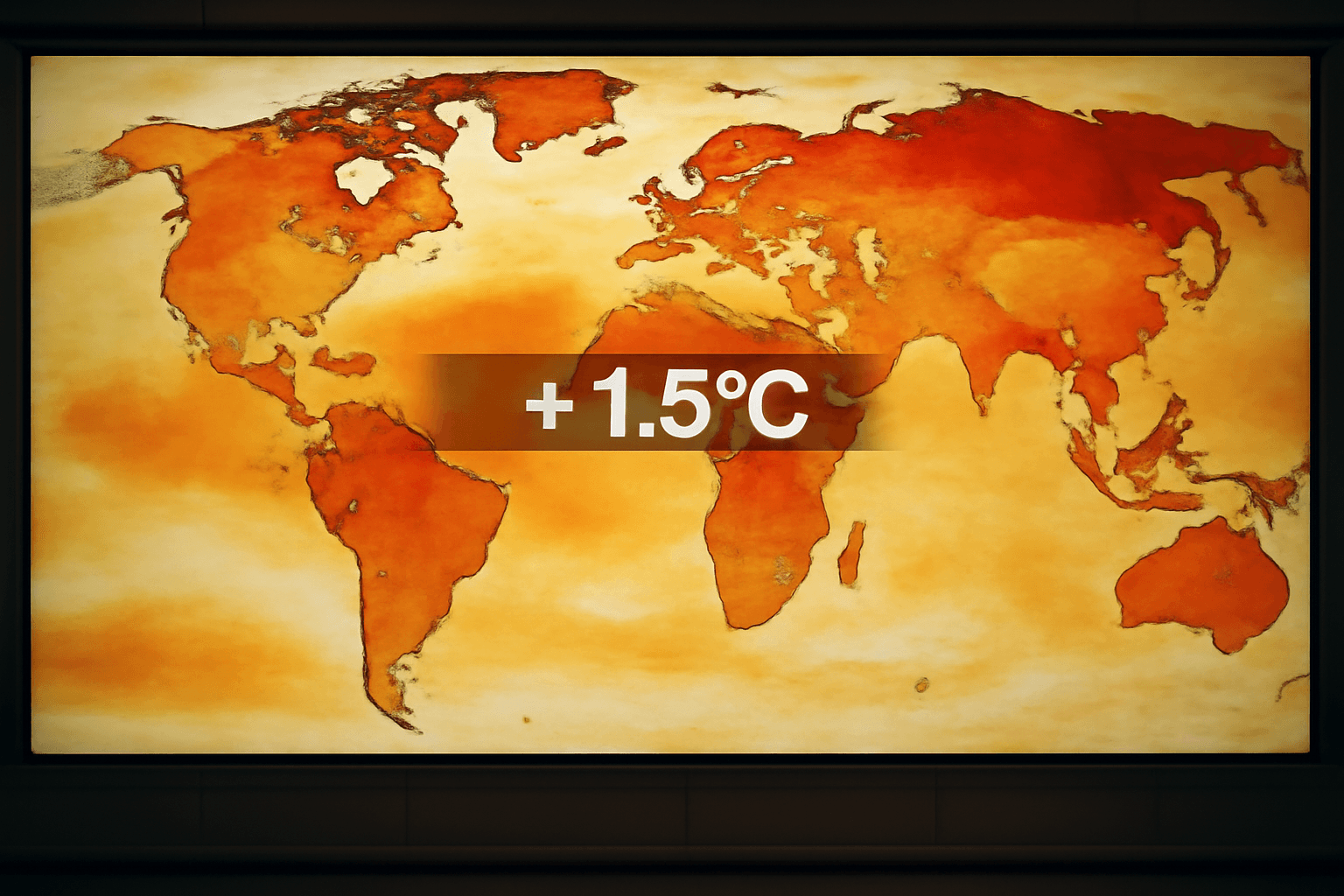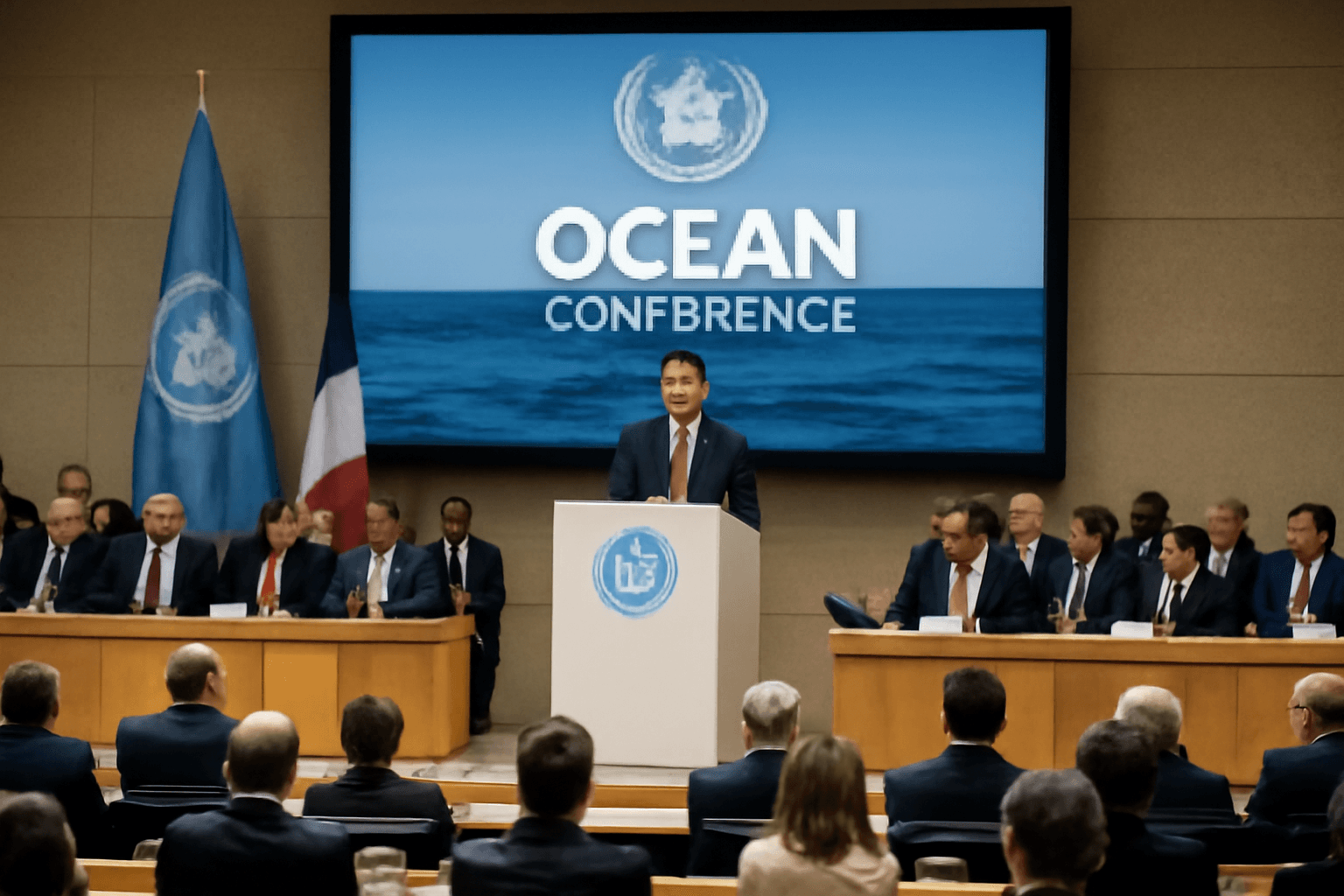Governments worldwide aimed to reduce smoking rates among individuals over 15 years by 30% between 2010 and 2025, in alignment with global sustainable development goals agreed upon in 2015. However, recent global crises including the COVID-19 pandemic, climate change, and conflicts have significantly disrupted these efforts.
In 2024, the target deadline was extended by an additional five years due to shifting priorities and resource reallocation, impeding the implementation of the World Health Organization's tobacco control treaty, which has been ratified by 168 countries.
A comprehensive report involving 57 advocacy organizations highlights that this delay could result in approximately 95 million more people continuing to use tobacco who otherwise might have quit by 2025. The report indicates that instead of reaching a projected 1.11 billion smokers globally, the number remains at approximately 1.21 billion, underscoring the gap in achievement.
Such setbacks may lead to millions of additional deaths related to tobacco use if intensified control measures are not reinstated. The report recommends governments intensify tobacco control strategies, including increased taxation on tobacco products and stricter smoking bans in public spaces.
These challenges are compounded by broader sustainable development difficulties faced globally, as interruptions from geopolitical tensions and pandemic-related disruptions affect multiple goals ranging from poverty reduction to healthcare access.
Addressing these setbacks requires renewed commitment and reinforced policy implementation to realign progress with international public health objectives targeting tobacco consumption reduction.


